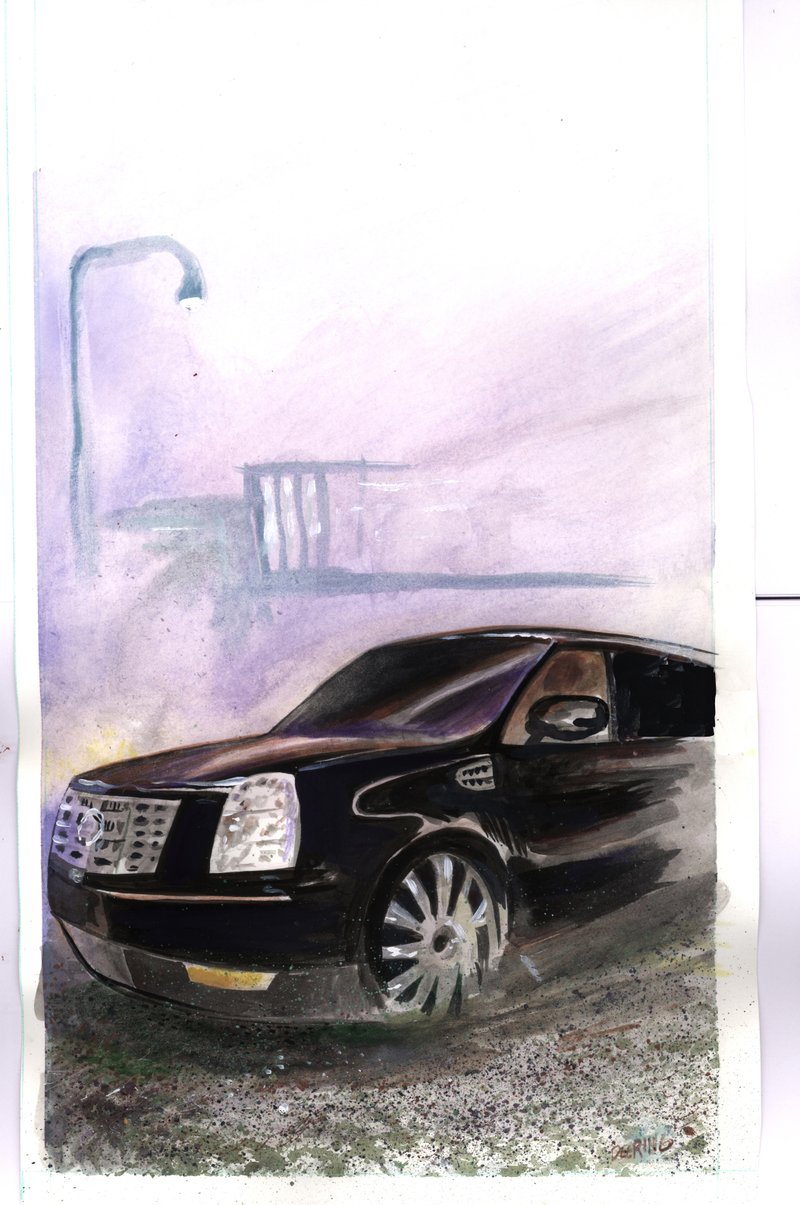There are millions of vehicles with ticking time bombs in their dashboards and steering wheels traveling America's highways and streets at this very moment.
Those bombs are air bags with defective components produced by Takata, a Japanese company that supplied them to 14 different automakers.
Some of these defective bags have spewed bits of metal shrapnel into people's faces, killing at least 11 and causing serious injury to 100.
Understandably, some people who own cars with Takata air bags are nervous about going anywhere near their cars, let alone getting behind the wheel.
Many more could be injured--and possibly killed--because Takata can't keep up with the mounting demand for replacements.
Models from Honda, Nissan and Toyota and their luxury lines Acura, Nissan, and Infiniti all contain the potentially explosive bags.
But the problem is not confined to Japanese-brand cars. Takata also supplied air bags to General Mo-tors, Fiat Chrysler and Ford as well. The affected cars--those we know about so far--date back to the 2000 model year all the way through to 2017. In fact, some automakers are still selling new vehicles with
the faulty bags, according to a recent Senate report.
A massive recall effort is underway, but the logistics are daunting. Millions of cars are involved, and fixing them will take months if not years.
Meanwhile, the owners of these vehicles are expected to expose themselves and their families to a blatantly dangerous product that could explode in their faces at any moment, while federal traffic safety officials sit on their hands. When you think about the quick action other federal safety officials take to protect Americans, this is more than outrageous.
If, say, it were discovered that a fast food chain's hamburgers were tainted with E. coli, there would be an immediate cessation of the sale of those burgers. The chain would not be allowed to sell them until it was known the outbreak had been contained and all the tainted beef had been taken out of circulation.
The problem is we're dealing with cars, not burgers, and it's hard to tell people they should stop using their cars until the problem can be fixed. It's not realistic, and it's not fair.
People have to get to work; they have to take their families where they need to go. That's what they bought the car for, and unless someone is going to give them a loaner, what else are they going to do?
Keep in mind that the problem is not the fault of Honda or Nissan or GM or Ford or their dealers. They can't be expected to give out millions of free loaner cars for a problem they didn't cause or even know about. It would bankrupt them.
And Takata--which likely will go bankrupt after all the claims are settled and fines paid--also is in no position to pay for loaner cars to millions of people stuck with vehicles that might injure or kill them.
But there is a way to address the problem without denying owners of the affected vehicles the right to use their cars. Turn the air bags off. Unlike replacing them, disconnecting the bags is something easily and quickly done.
And once done, the owner has the peace of mind of knowing he and his family members will not be maimed or killed by a defective air bag.
It would take pressure off dealerships and automakers who have been left holding the bag for a problem they didn't cause. And it would greatly reduce the chances of more innocent people being subjected to a danger they didn't sign up for and a hassle they don't deserve.
Eric Peters is a veteran automotive journalist and the author of Road Hogs and Automotive Atrocities.
Editorial on 06/12/2016
